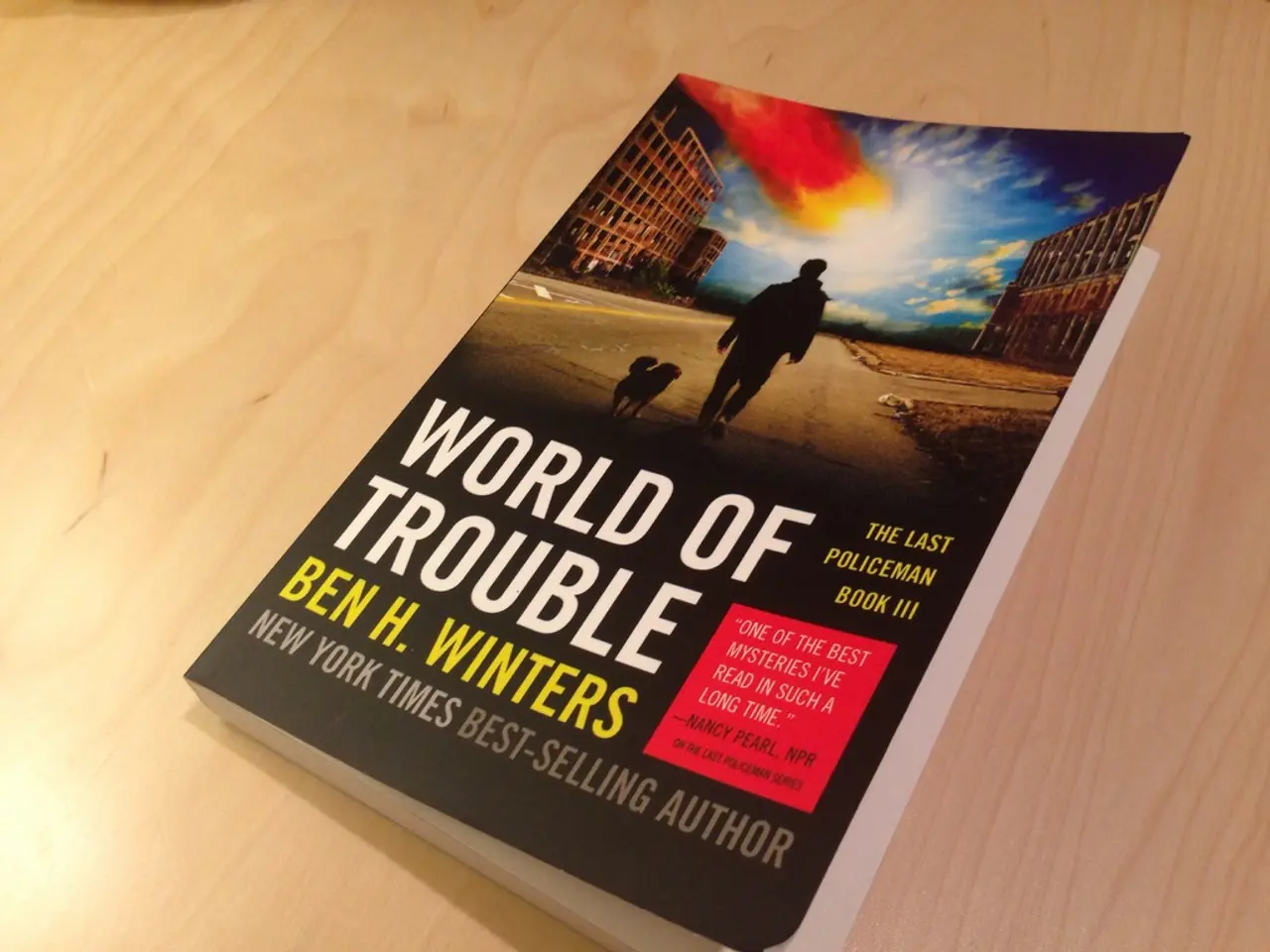Roots of Modern America's Security Policy Traced Back to the New Deal Era
In the first half of the 20th century, journalist Walter Lippmann emerged as a significant figure in shaping the discourse around American internationalism and national security. His views evolved significantly over the decades, profoundly influencing US foreign policy discourse during this period.
During the 1910s and 1920s, Lippmann was initially skeptical of Wilsonian idealism and the League of Nations after World War I. Although a progressive thinker, he criticized naive internationalism that ignored power politics. He emphasized realism and the limits of public opinion in foreign affairs.
The interwar period, however, saw a shift in Lippmann's perspective. In the 1930s, he promoted a pragmatic approach, warning against isolationism and advocating for preparedness and early engagement to counter rising fascism and totalitarian states. He stressed strategic balancing and the importance of intelligence and informed leadership.
Lippmann's stance became more firm during World War II and the 1940s. He became a strong advocate of US leadership in creating a stable international order after WWII. He supported the establishment of institutions like the United Nations and promoted containment strategies against Soviet expansion. His critiques helped shape Cold War realism.
By the 1950s, Lippmann's stance solidified into a clear endorsement of active American global leadership combined with caution against overextension. He advocated for a balance between military strength and diplomatic engagement, influencing debates on national security policy and the early Cold War containment doctrine.
Lippmann's syndicated columns and books like Public Opinion (1922) and The Cold War (1947) deeply influenced policymakers by blending public opinion theory with geopolitical realism. His work contributed to shaping the intellectual foundation of US foreign policy from cautious interventionism post-WWI to firm global engagement in the Cold War.
However, during the Cold War, Lippmann became a wary critic of American foreign policy. His concerns echoed in the works of historians like Andrew Preston, whose book, Total Defense, argues that national security took shape in the 1930s as an extension of the logic of President Roosevelt's New Deal.
The New Deal, with programs like the Works Progress Administration, significantly expanded the central government's power and reach. Security became Roosevelt's antidote to fear, elevating the state from a reactive actor to a force committed to preventing economic collapse and global disorder.
In the first century and a half of its existence, America's geographic position kept it secure from the world. But by the 20th century, the outside world could no longer be ignored, and politicians began to consider how to replace detachment with a sense of global obligation.
Two books, "Total Defense: The New Deal and the Invention of National Security" by Andrew Preston and "Walter Lippmann: An Intellectual Biography" by Tom Arnold-Forster, are summer reads of 2025, offering insights into these transformative decades in American history.
- Walter Lippmann's work, such as his books "Public Opinion" and "The Cold War," significantly impacted the discourse of politics, war-and-conflicts, and general news during the 20th century, as his ideas influenced the shaping of US foreign policy.
- In the latter half of the 20th century, Lippmann became a critic of American foreign policy, raising concerns during the Cold War era, which are further explored in books like "Total Defense: The New Deal and the Invention of National Security" by Andrew Preston.







